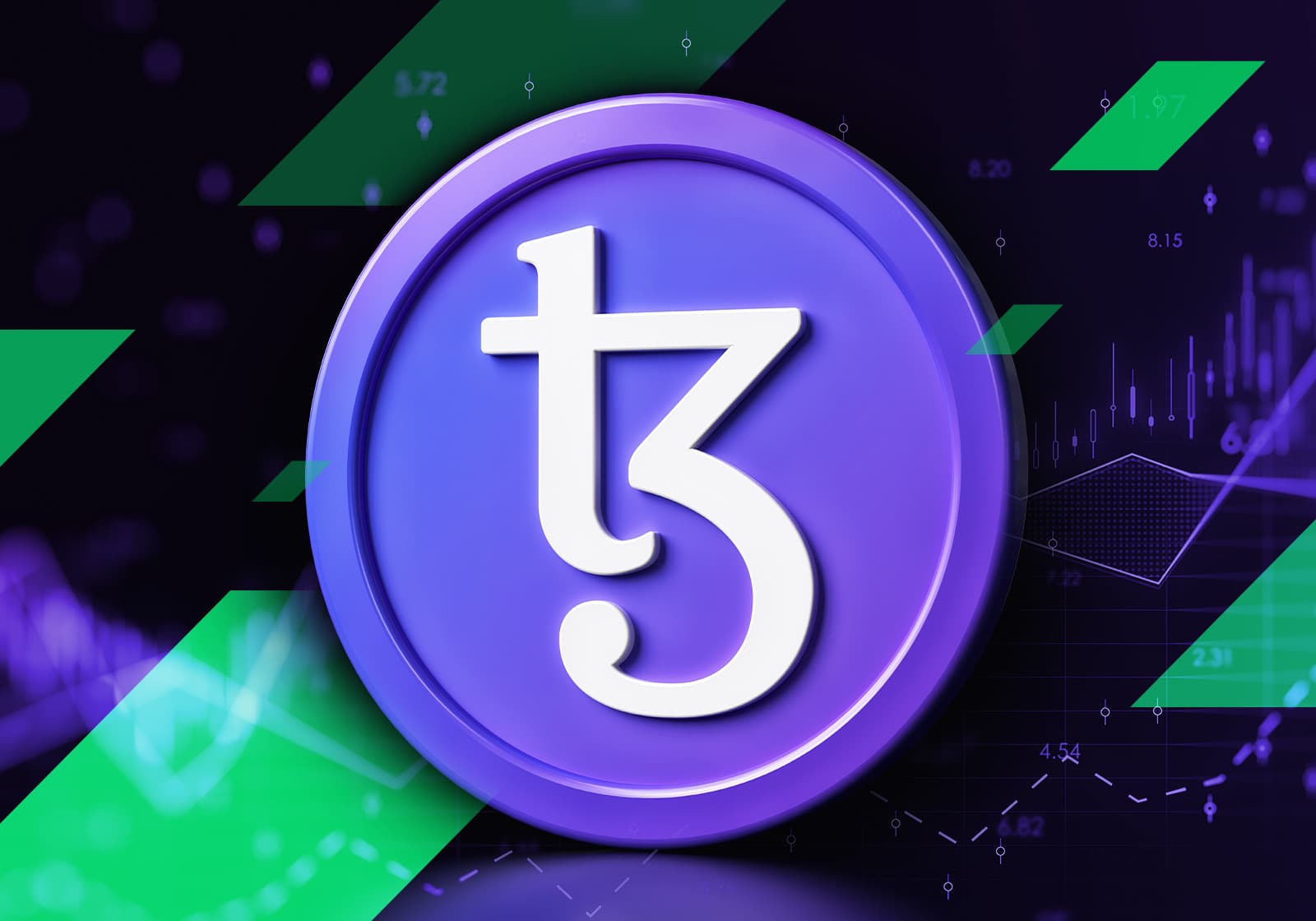HUT 8?S ONTARIO BITCOIN MINING OPERATION HALTED AMIDST POWER DISPUTES
Cryptocurrency bitcoin mining has been a hot topic in recent years, with Bitcoin leading the way as the most popular digital currency.

Cryptocurrency for bitcoin mining has been a hot topic in recent years, with Bitcoin leading the way as the most popular digital currency. Cryptocurrency miners use powerful machines, known as cryptocurrency mining rigs, along with specialized software to solve complex mathematical problems that validate transactions on the blockchain. These miners are essential to the stability and security of the cryptocurrency network. Hut 8, a prominent player in the crypto mining industry, recently faced a significant setback in its Ontario Bitcoin mining operation due to power disputes. In this article, we'll delve into the details of what happened and discuss the importance of cryptocurrency mining in the world of digital finance.
Understanding Cryptocurrency for Bitcoin Mining
Cryptocurrency mining involves using sophisticated computer hardware and software to solve complex mathematical problems, which, in the case of Bitcoin, secure its blockchain network. Miners are responsible for validating transactions and adding them to the blockchain, ensuring the integrity of the entire system. This process is resource-intensive and energy-consuming, and miners are rewarded with newly created cryptocurrency coins for their efforts.
The Role of Cryptocurrency for Bitcoin Mining Machines
Cryptocurrency mining machines are specialized computers designed for one purpose: to mine cryptocurrencies. These machines come in various forms, including ASIC (Application-Specific Integrated Circuit) miners, GPUs (Graphics Processing Units), and CPUs (Central Processing Units). ASIC miners are the most common for Bitcoin mining due to their high processing power, which is essential for solving the complex mathematical equations quickly.
Crypto Mining Software
Crypto mining software plays a critical role in cryptocurrency mining. It enables miners to connect to the blockchain network, validate transactions, and receive rewards for their work. Miners choose from various mining software options, each with its unique features and capabilities. Popular mining software includes CGMiner, BFGMiner, and NiceHash.
Importance of Crypto Mining Sites
Crypto mining sites are physical locations where miners set up their mining rigs and equipment. These sites require a stable power supply, efficient cooling systems, and robust security measures to protect the expensive mining hardware. Choosing the right location is crucial for the success of a mining operation.
Crypto Mining Calculator
A crypto mining calculator is a valuable tool that helps miners estimate their potential earnings and costs. It takes into account factors like the mining hardware's processing power, electricity costs, and the current cryptocurrency's price. This information is essential for miners to make informed decisions about their mining activities.
The Bitcoin Mining App
In recent years, the cryptocurrency mining machine world has witnessed a surge in Bitcoin mining apps. These mobile and desktop applications make it easier for individuals to participate in mining from the comfort of their own devices. Users can mine small amounts of Bitcoin by simply running these apps, contributing to the decentralization of the network.
Cryptocoin Mining Rig
A cryptocoin mining rig is a set of interconnected mining machines that work together to mine cryptocurrencies. These rigs are often customized to optimize performance and energy efficiency. They can be used in mining farms, which are large-scale operations that house numerous mining rigs in a single location.
The Significance of Cryptocurrency Mining
Cryptocurrency mining is a critical component of the blockchain ecosystem, ensuring the network's security and integrity. Miners validate transactions, preventing double-spending and maintaining the decentralized nature of cryptocurrencies. The rewards they receive, such as newly minted Bitcoins, serve as incentives to continue this vital work.
Hut 8's Ontario Bitcoin Mining Operation
Hut 8 is a well-known player in the cryptocurrency mining industry, operating a significant Bitcoin mining facility in Ontario, Canada. The company has been contributing to the security and operation of the Bitcoin network for years. However, recently, the company's mining operation faced a significant setback due to power disputes in the region.
Power Disputes and Hut 8's Halted Operations
The power disputes that led to the halt of Hut 8's Bitcoin mining operation in Ontario were a result of various factors. Ontario, like many other regions hosting cryptocurrency mining facilities, experiences increased electricity demand due to these energy-intensive operations. This surge in demand can lead to conflicts over power resources with local communities and businesses.
Impact on Local Power Grid
Cryptocurrency mining operations consume a substantial amount of electricity, as the mining machines need to run 24/7 to maintain the blockchain network. In regions where power resources are limited, this can strain the local power grid, leading to outages, increased electricity costs, and power stability issues.
The Struggle for Balance
The power disputes in Ontario serve as a stark reminder of the ongoing struggle to find a balance between the growing crypto mining software industry's energy demands and the needs of local communities. While cryptocurrency mining can provide economic benefits to regions through job creation and increased revenue, it can also place significant strain on existing power infrastructure.
Sustainability Efforts in Cryptocurrency Mining
In response to concerns about the environmental impact of cryptocurrency mining, many industry players are actively seeking more sustainable practices. Green energy sources like hydroelectric and solar power are being explored to reduce the carbon footprint of mining operations. The industry is also investigating ways to improve energy efficiency in mining hardware.
Legal and Regulatory Measures
To address power disputes and environmental concerns, many regions are implementing legal and regulatory measures to ensure responsible cryptocurrency mining. These measures may include zoning regulations, electricity pricing reforms, and environmental impact assessments.
The Future of Cryptocurrency Mining
The future of cryptocurrency mining hinges on finding sustainable and responsible ways to operate. It is crucial for industry players, governments, and local communities to work together to strike a balance that benefits everyone. This might involve the development of more efficient mining hardware, the use of renewable energy sources, and increased transparency in mining operations.
Hut 8's Ontario Bitcoin mining operation being halted due to power disputes highlights the challenges the bitcoins mining app industry faces. Balancing the energy demands of mining operations with the needs of local communities and businesses is a complex issue that requires collaborative efforts. As the industry continues to grow and evolve, it must focus on sustainability and responsibility to ensure its long-term success. Cryptocurrency mining is here to stay, but how it operates will determine its role in the digital financial landscape of the future.
What's Your Reaction?















